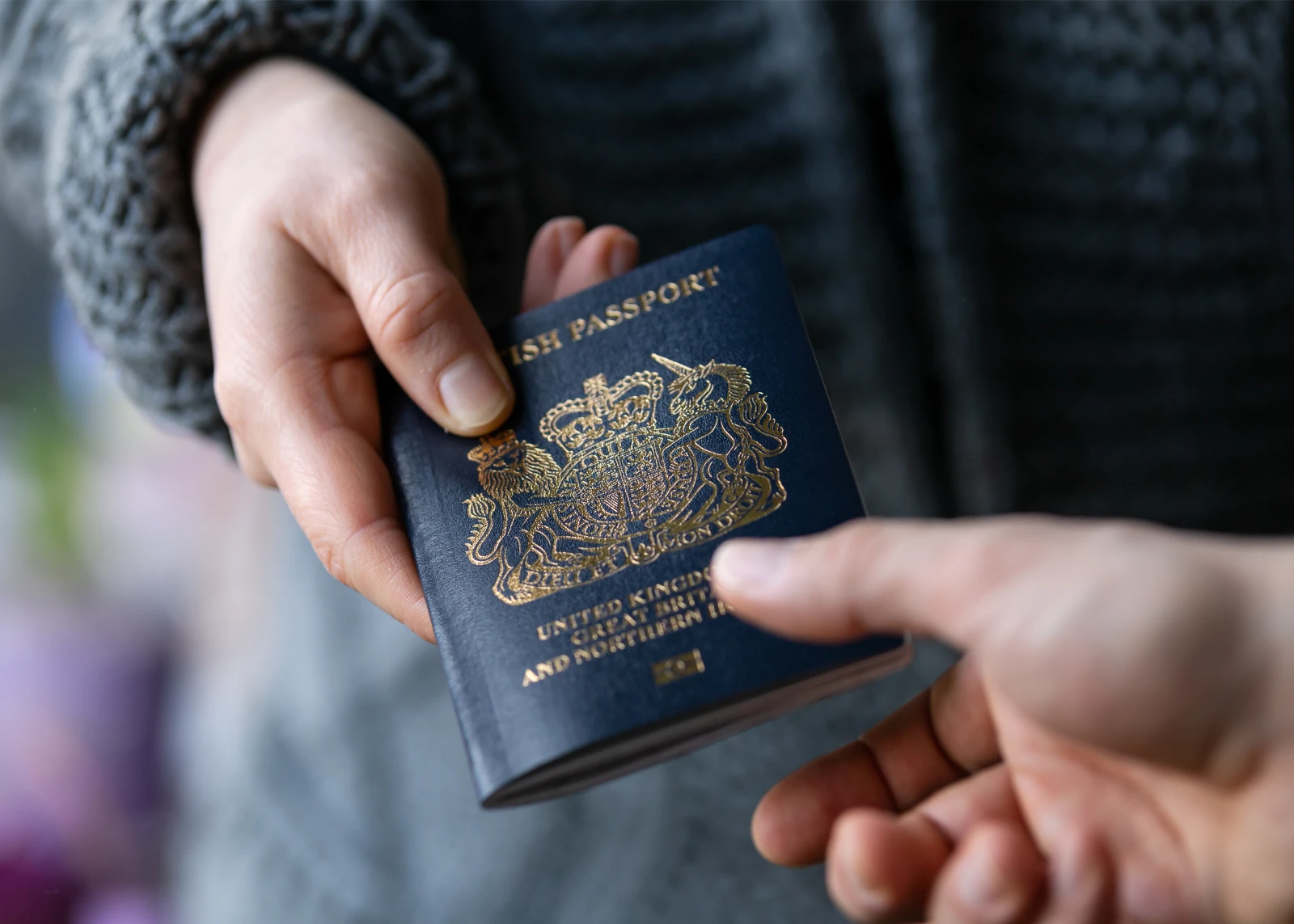| All | Blog | Videos | Webinars |

Many people desire and want to know how to get British citizenship. If they live in the UK, it allows them greater access to services that only citizens can access, such as benefits. It also means that they can get a British passport. While not the strongest passport in the world, the British passport is still a very powerful passport that gives holders easier access to many countries. It allows holders to visit 143 countries without a visa.
It is understandable why people want to get British citizenship, but it is not always clear if someone is eligible for citizenship. We will guide you through the potential avenues that you may be able to take to get British citizenship.
Please note that although the following information is worded as if it is aimed towards adults who are looking into ways they may be eligible for citizenship, all of the information is relevant to parents who are researching whether their children will be valid for citizenship as well.
Citizenship through naturalisation
People who have settled status in the UK, or have indefinite leave to remain, can apply for naturalisation in the UK. Before anyone with these can apply for naturalisation, they must have lived in the UK for at least 12 months.
There are several requirements for naturalisation, such as having to pass a ‘life in the UK’ test. Learn more about the requirements for naturalisation on our webpage. We also have guides on preparing your naturalisation documents, and on naturalisation referees.
You have at least one British parent
If you have either a British mother or a British father, then you will likely already have citizenship. If you do not have it, you will be able to apply for British citizenship. These rules also apply if one of your parents is Irish and lives in the UK.
Over the years, the rules have changed, so your citizenship status will vary based on when you were born. You can use the Government’s website to help you check if you are a British citizen.
If you were born before 1983 and it is your father who is British and not your mother, then the two must have been married when you were born.
After 1983, they do not need to have been married, the father just needs to be on the birth certificate.
Citizenship through double descent
People with one British grandparent may be able to get citizenship through double descent. To get citizenship this way, you or one of your parents must be from a certain country, such as a former British colony.
It is easier for children under 18 to get citizenship this way, as some rights to gain nationality are lost once someone turns 18.
For adults, there are extra requirements where one of the following must be true:
- You have a UK-born grandfather who was in the service of the British Crown when their relevant parent was born.
- They must have a UK-born mother, have a father who is not UK born, and they must have been registered as a British citizen between 2 February 1979 and 31 December 1982.
- You or your relevant parent were born in a former British colony, as mentioned above.
How to get British citizenship if you are the child of an EU or EEA citizen
One of your parents must have been an EU or EEA citizen and living in the UK with free movement rights when you were born. EU citizens must have settled status for their children to be able to get British citizenship.
Some countries got free movement rights in different years to other countries, so it is important to check what year they got this right. This is so you know if your parents met the requirements when you were born.
If it is your father that meets the requirements and you were born before 1983, then he must have been married to your mother when you were born.
Citizenship if you are the child of someone who is not British, Irish, an EU citizen, or an EEA citizen
To get citizenship this way, one of your parents must have had certain immigration statuses if they are not a British citizen, an Irish citizen, an EU citizen, or an EEA citizen, for you to have British citizenship upon birth.
These statuses are:
- Right of abode
- Right of re-admission
- Indefinite leave to remain
Just like with the previously mentioned situations, if you were born before 1983, your father must have been married to your mother if your father is the one who meets these requirements.
How we can help you
Here at Woodcock Law, we can help you with your British citizenship application.
Our team of legal experts can assist you with every step of the process, so you do not have to worry about if you are doing things incorrectly.
We have a free, 10-minute consultation. Once you have had your appointment, you can then have a longer, paid 30-minute or 1-hour consultation. This allows you to discuss your situation and issues with our team.
Get in touch with us today if you need our help.
Ready for assistance?
If you have any questions, or want to book an appointment with one of our legal experts, contact Woodcock Law today. Call us on +44 (0)20 7712 1705 or email info@woodcocklaw.co.uk.



